Diyarbakır: The consequences of the civil war in Turkey
The party flags fly clearly visible over the street. Nevertheless, visitors can only reach the office of the HDP in Diyarbakır via a side entrance. During the fighting in 2015, the old town in the predominantly Kurdish-inhabited district of Sur was the origin and one of the worst affected. The curfew imposed at that time has not yet been lifted for six years. Even though the neighborhood is hardly inhabited anymore, the curfew is considered the longest in the world.
“Political Genocide”
It is also a symbol of the conflict between the Turkish state and the Kurdish minority population in the country. Already during the peace process, which began in 2013, the government had tried to provoke. “By provoking I mean a cultural and political genocide and it is still happening now, as with the city wall and the old town,” says Murat Öndes. He is co-vice-president of the HDP in Diyarbakır Province and is responsible for the party’s organisational activities. Kurdish culture and history have been destroyed, denied.
He explains the riots that led to more than 100 days of house-to-house fighting and destroyed more than 80 percent of the district: “In the peace process, the Kurds always wanted to reach their own self-governed territory.” The goal was not a completely autonomous region. They merely wanted to see their language, culture and identity constitutionally protected. War or violence was not the goal. Nevertheless:
When the Kurdish residents understood that the peace process was not taken seriously, this led to the reaction.
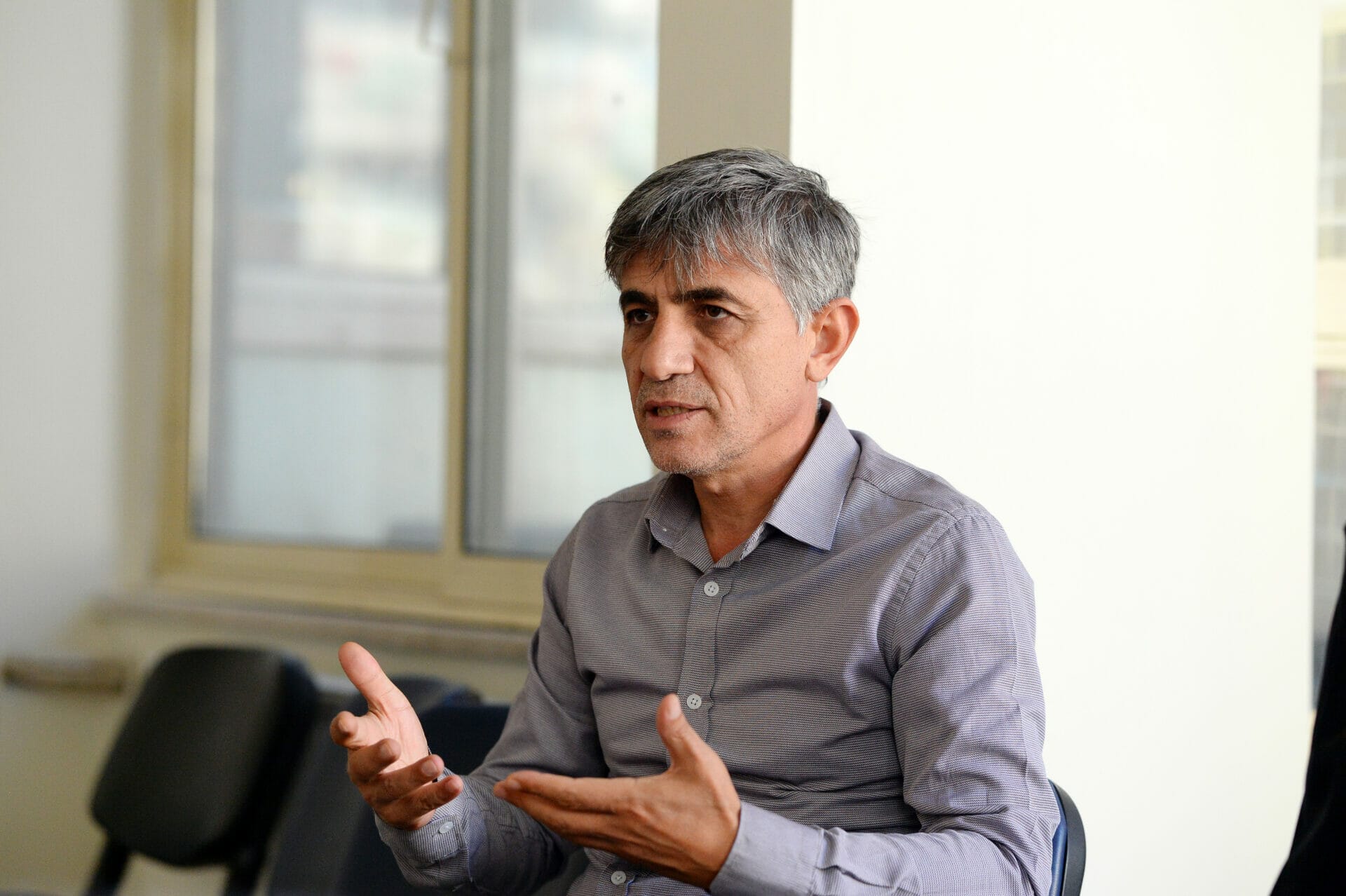
Murat Öndes
Co-Vice-President of the HDP Provincial Association in Diyarbakır
For a peaceful solution
And the role of the HDP? “The party was founded solely to resolve the conflict peacefully. So the party is against any kind of war,” Gülşen Özer interjects. She has actually been co-mayor of the city of Bismil since March 2019, but in October of the same year she and Orhan Ayaz were replaced by a trustee of the government – just like almost all her colleagues. She says the government has undermined the peace process with attacks and attacks on demonstrations, provoking a violent response.
They need the war to awaken nationalism within the non-Kurdish population.
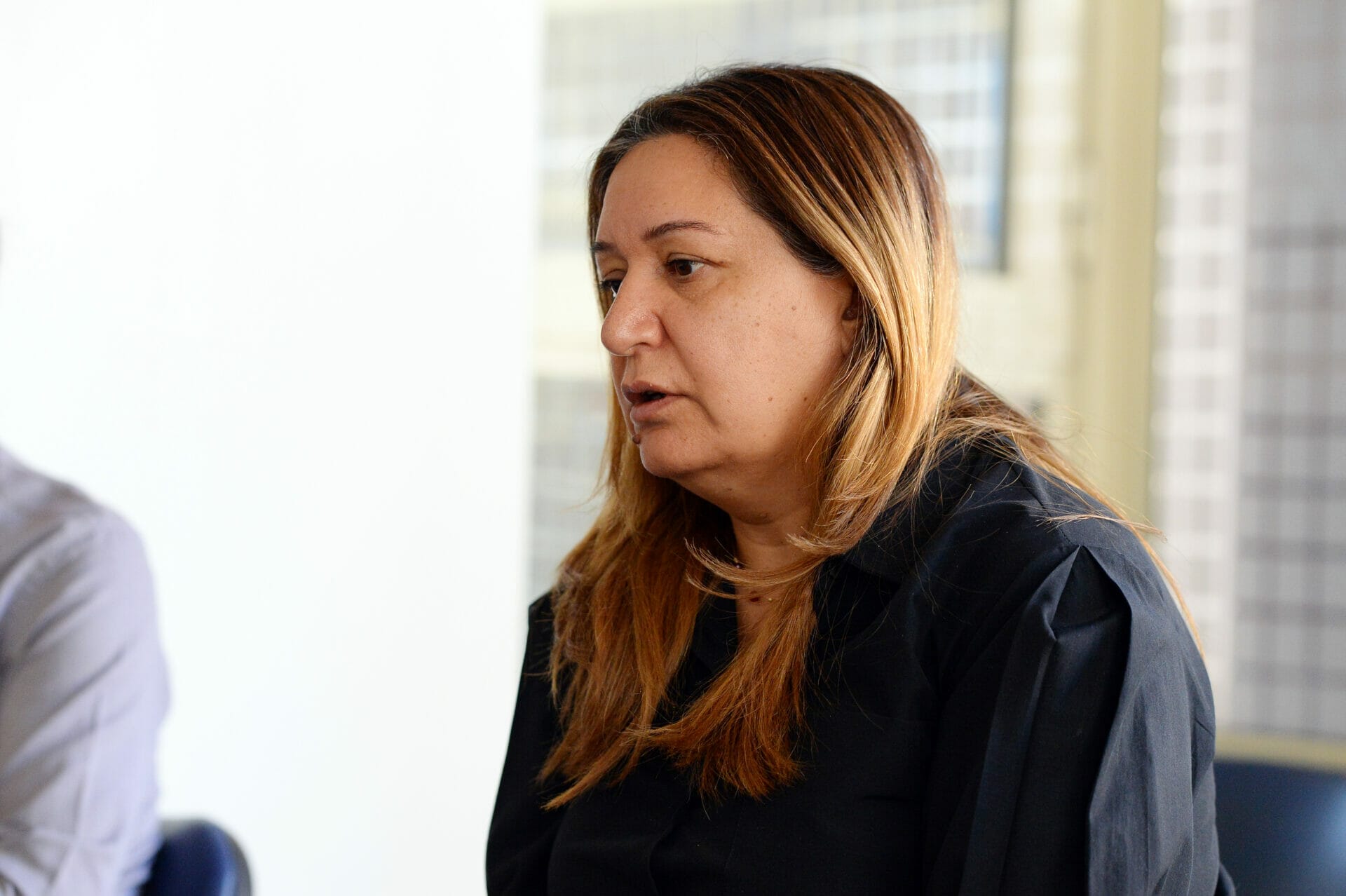
Gülşen Özer
Elected and deposed co-mayor of Bismil and co-chair of the HDP provincial association Diyarbakır
Özer is convinced that there can be a peaceful solution, a basis for peaceful coexistence. For this reason, the HDP also tried to mediate between the government and the Kurdish Workers’ Party PKK. “But this includes both sides, and the state must also follow suit,” says the co-chair. At first, there were also steps in the right direction, but then the efforts finally ended in the war.
War changes demography in Diyarbakır
With the attacks on Sur, the Turkish military finally destroyed the demographics of the city, says Öndes. “Most of the people there were poor. Now they are building luxury houses,” Öndes explains. So even if the former residents wanted to return, they could no longer afford the rents. Instead, people loyal to the government were moving into the neighborhood. He expects the government to resume negotiations. Only with the protection of the rights of the Kurdish population guaranteed in the constitution a peace process can be initiated.
A remnant of a residential area in Sur.
The historic district in Diyarbakır is replaced by magnificent new buildings.
Turkey flags and Erdoğan photos are permanently present in the Kurdish regions.
A struggle for existence
When asked whether the predominantly Kurdish-populated regions in Turkey are war zones, or could be called so, they nod in agreement. “The government wants Kurds to forget their language and culture,” says Mehmet Deviren, co-mayor of Yenişehir and co-chairman of the Kurdish Literary Association. In none of the four countries with a significant Kurdish population do they had fundamental rights and were systematically suppressed. They had been living there for longer than today’s nation states existed. “The Kurds are now starting to react,” says Deviren. They fought for their rights and existence.
Unlike Syria, for example, the Turkish government handles human rights violations better, for example by controlling the media. The war was also less physical in nature than politically social. “Europe ignores the human rights violations,” Deviren makes another difference. Even decisions of the European Court of Human Rights would have little consequence. “We are missing a strong, determined european response,” Özer also criticises.
Vorgeschlagene Beiträge
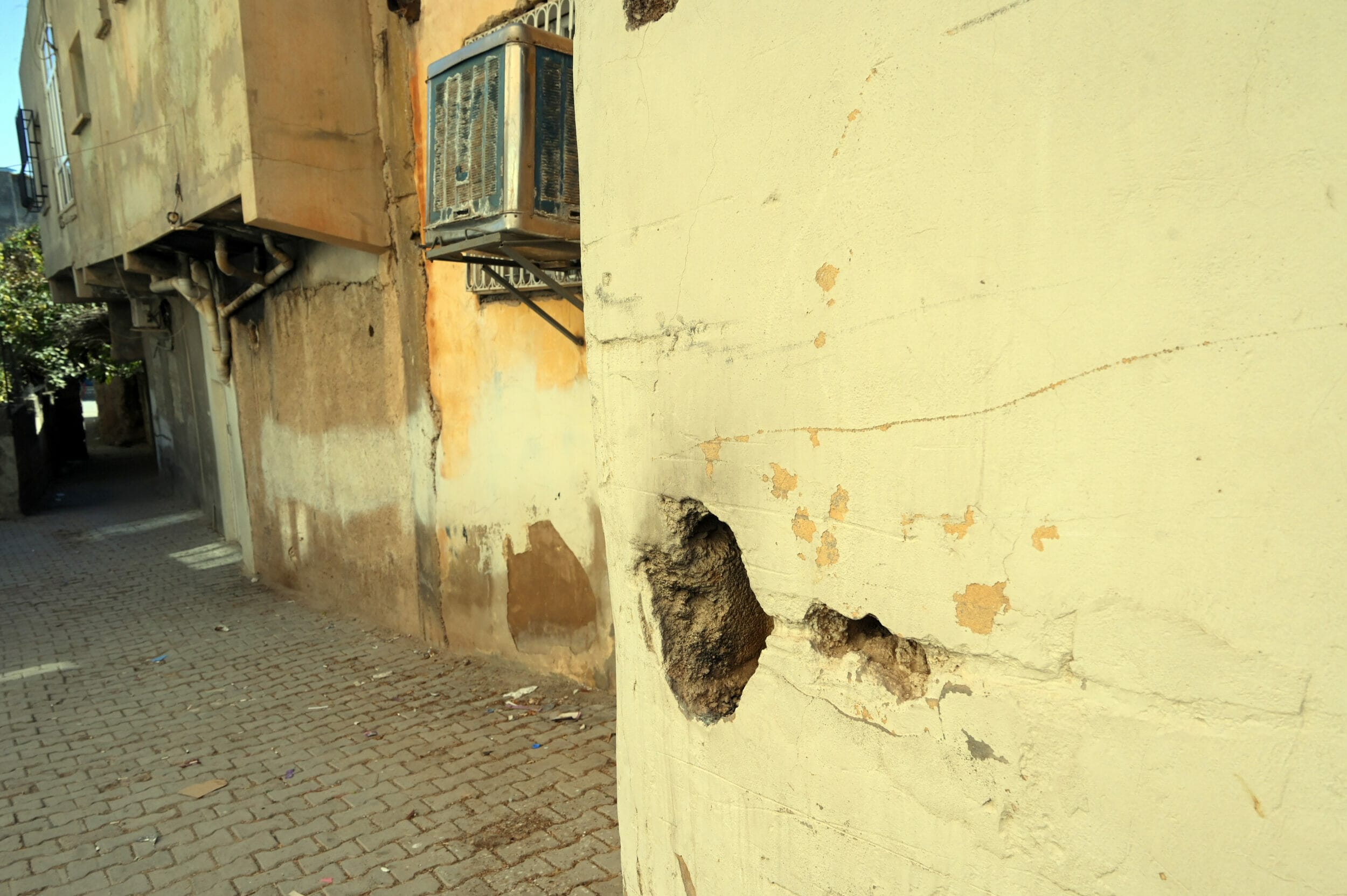
Nusaybin: In constant fear of the state
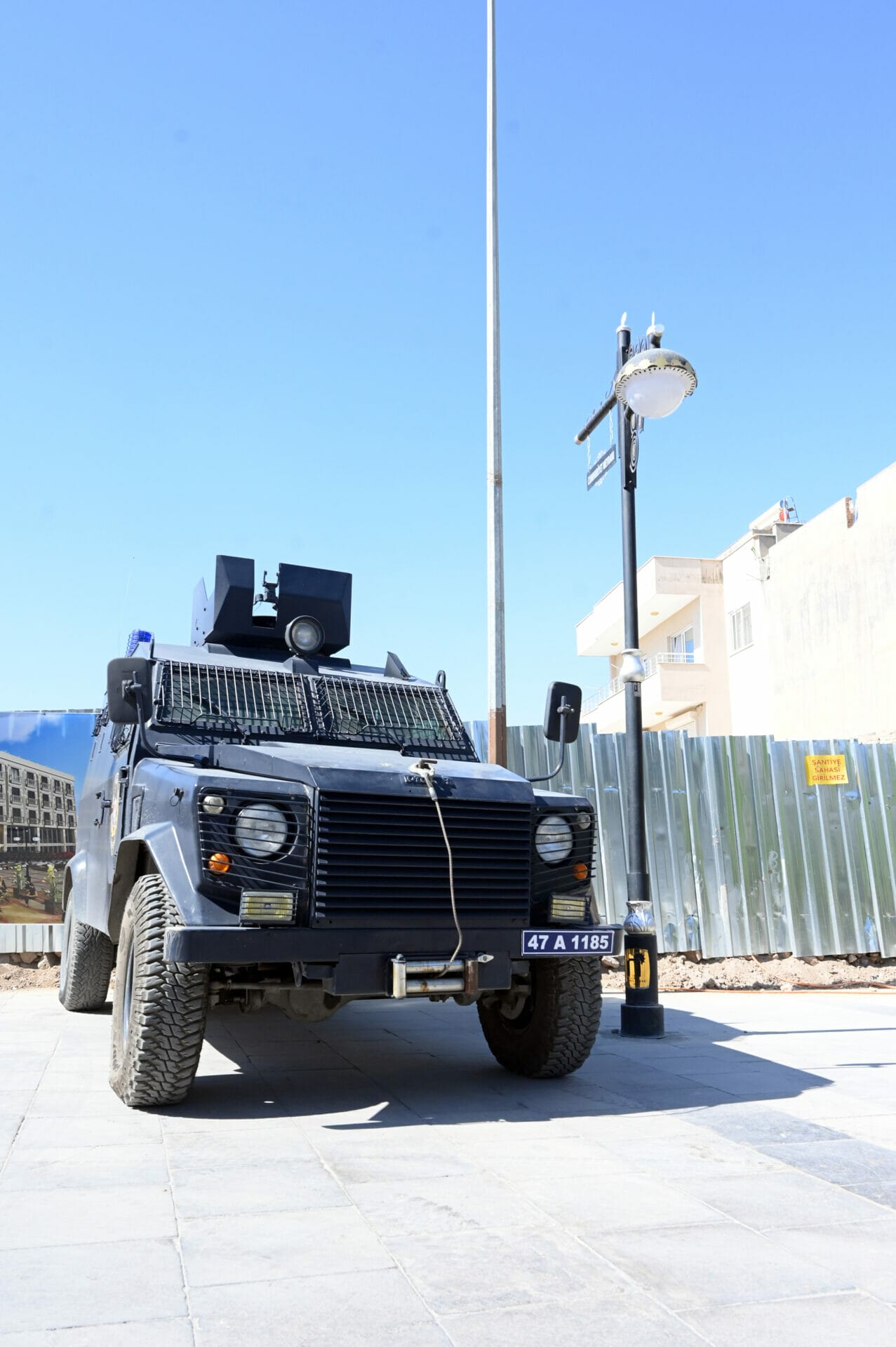
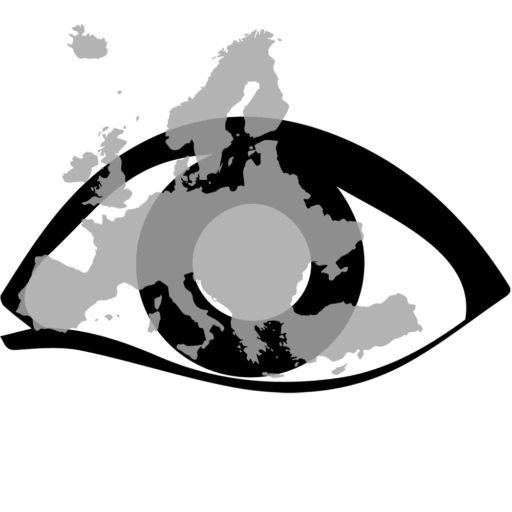
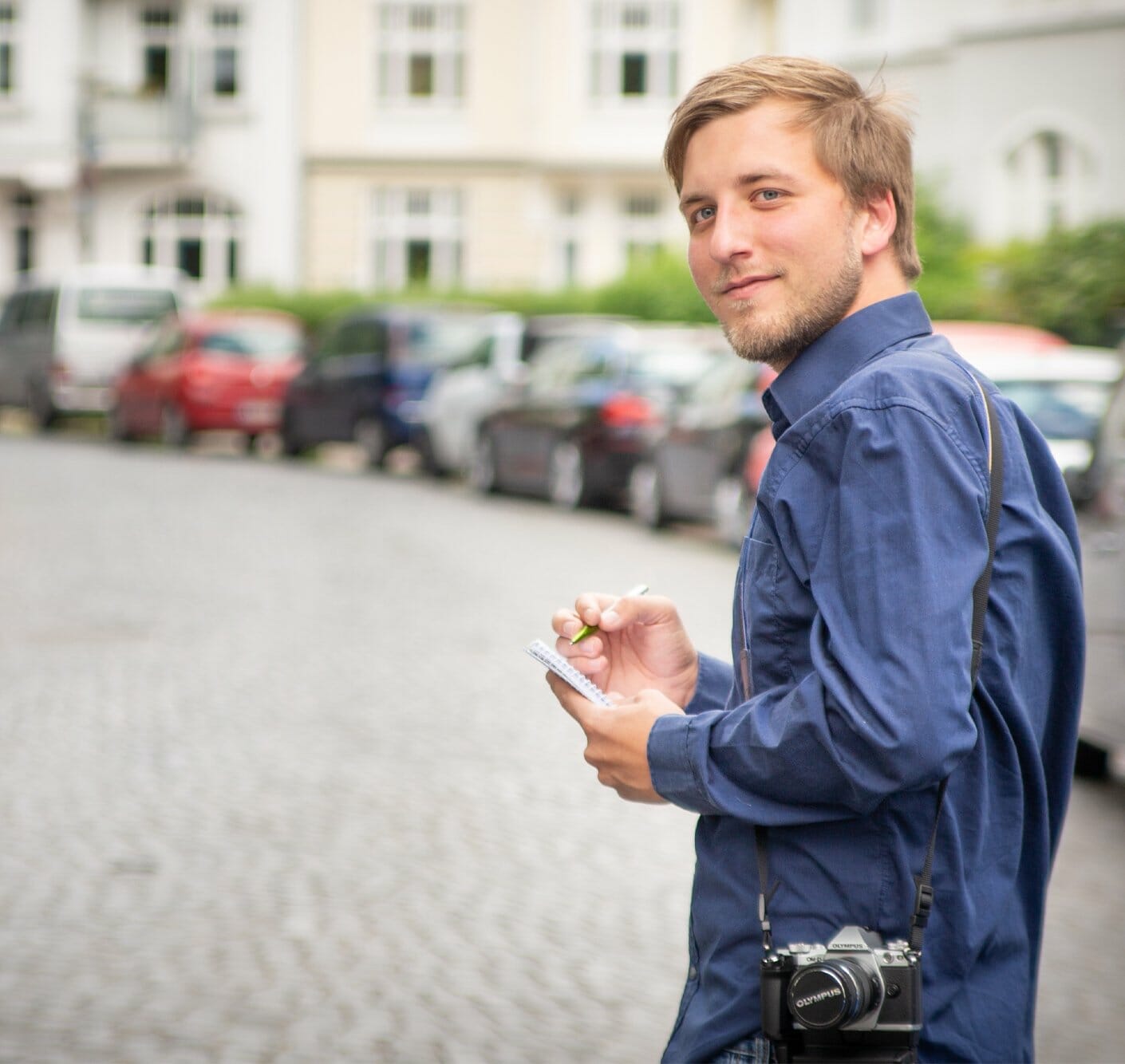
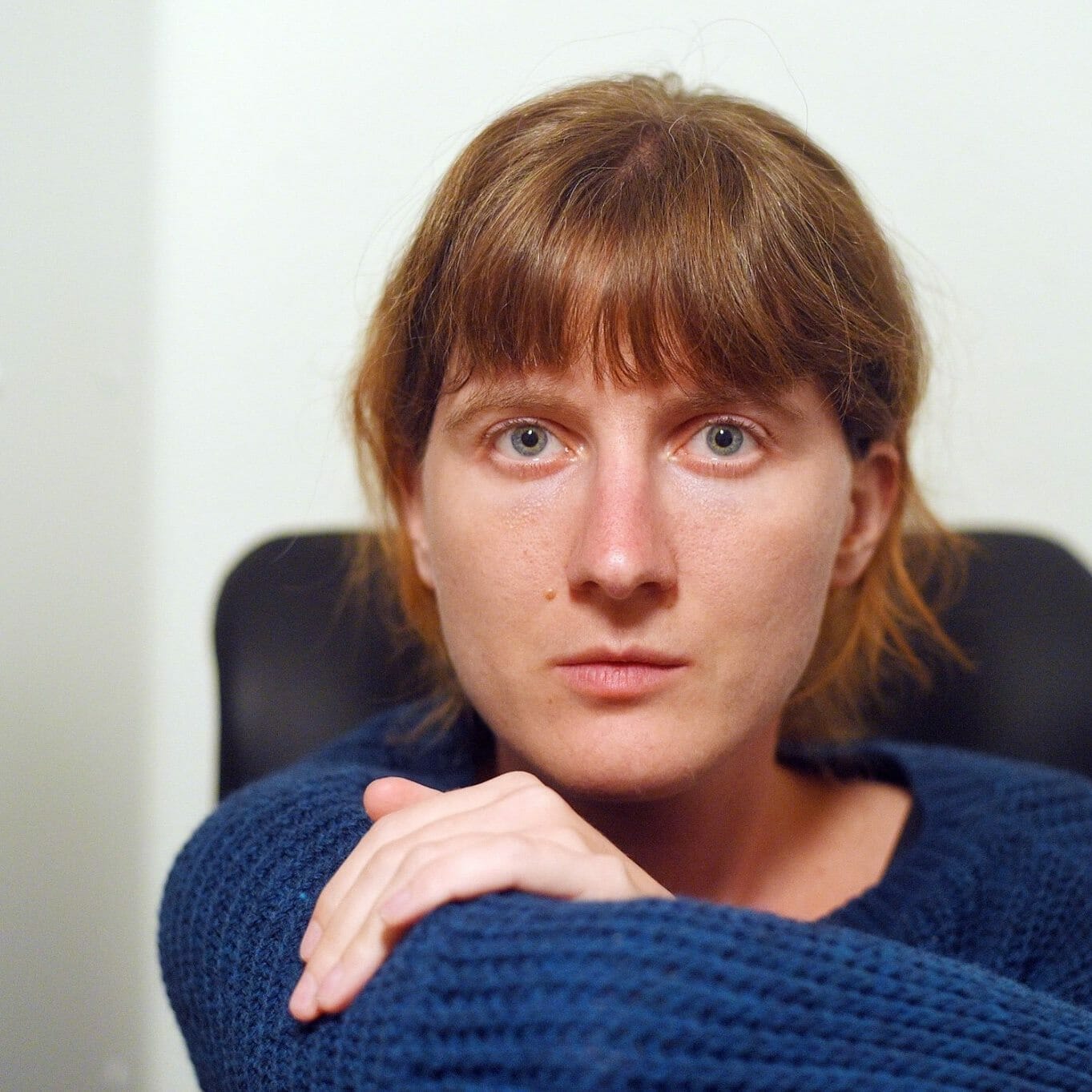
Leave a Reply
You must be logged in to post a comment.